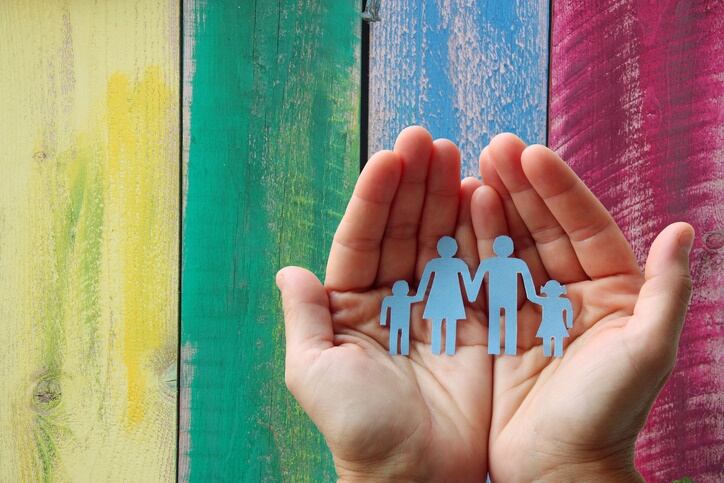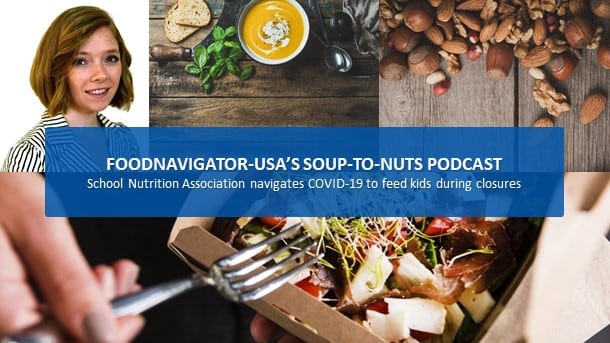Increasing SNAP benefits not only would give vulnerable families increased security as more cities shut-down nonessential businesses, it also disproportionately could help“a sputtering economy that needs a boost in consumer demand,” according to the president of the Center on Budget and Policy Priorities.
Bob Greenstein, who leads the nonpartisan research and policy institute, called on legislators March 23 to include a 15% increase to SNAP benefits in a massive economic stimulus bill that legislators have been debating in an effort to counteract the negative economic repercussions of social distancing and other measures designed to slow the spread of the novel coronavirus.
“This is a crisis. We should not leave out measures that we … know will work to mitigate harm and boost the economy,” CBPP President Bob Greenstein tweeted March 23.
He explained in a same-day Tweet storm that “SNAP is among the most rapid and effective forms of stimulus we can enact,” because SNAP households “have very tight budgets, so they tend to spend any additional income or resources they receive.”
For support, he pointed to Moody’s Analytics and Congressional Budget Office comments that show increasing SNAP benefits “has one of the biggest ‘bangs for the buck’ in terms of shoring up the economy,’” and “is also an extremely effective way to boost consumer demand – key to bolstering a flagging economy.”
Bracing for an unemployment onslaught
While 15% may sound like a lot, Greenstein explained it is off a low per-person base with most SNAP benefits offering a “modest” $1.40 per person.
“During downturns, when many people see their incomes drop and their periods of joblessness are longer, the low benefit is particularly problematic,” he tweeted. He added, “the pandemic will disproportionately affect low-wage occupations. Workers will see layoffs and much longer periods of joblessness. Some won’t qualify for unemployment benefits.”
Indeed, Goldman Sachs predicted last week than the US needs to brace for an unprecedented surge in layoffs in the coming weeks with an estimated 2.25 million people filing for unemployment benefits the week of March 15. This is on top of 281,000 claims the week of March 8.
Ultimately, Greenstein tweeted, “Increasing SNAP benefits now – and for the duration of the downturn – will mean that families can better afford to put food on the table.”
Increasing children’s access to meals during school closures
Greenstein’s call for increased SNAP benefits comes less than a week after legislators passed and President Trump signed the Families First Coronavirus Response Act, which temporarily gives states flexibility to modify SNAP and other nutrition programs during the current pandemic.
The authority in the legislation “will play a key temporary role in helping many who experience an economic shock due to the COVID-19 pandemic and may struggle to meet their food needs,” Dottie Rosenbaum, a CBPP senior fellow, explained in a recent blog post on the nonprofit’s website.
Among the provisions outlined in the legislation, are a temporary suspension of SNAP’s three-month time limit on benefits for adults younger than 50 without children in their home, the ability for states to waive rules that might impede enrollment in the Special Supplemental Nutrition Program for Women, Infants and Children (WIC) and funding for additional commodity purchases for emergency food programs and for nutrition assistance block grants to Puerto Rico, America Samoa and Norther Mariana Islands.
The legislation also includes several provisions that would increase vulnerable children’s access to meals normally offered at school if classes have been suspended due to COVID-19.
For example, the Act included three nationwide waivers for requirements that children must eat together as part of the program, meal service time requirements and a requirement that an educational or enrichment activity occur while offering an afternoon meal or snack.
The School Nutrition Association lobbied Congress for several of these waivers when its members visited Capitol Hill earlier this month. In announcing the waivers, SNA added that continues to work with Congress and the US Department of Agriculture on behalf of its members and the students they serve.




